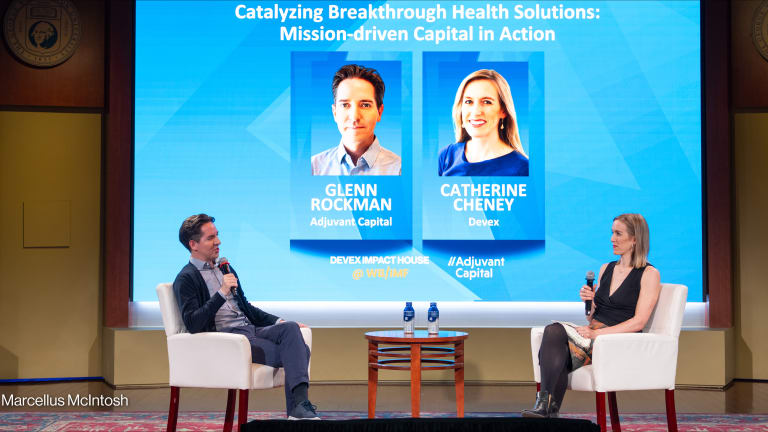Innovations and social enterprises can disappear — not because of a bad idea or lack of effort, but rather due to insufficient seed capital to grow and scale.
The international development community and philanthropic dollars have traditionally funded social entrepreneurs to test an idea or innovation. However, what’s often missing is the money necessary to take that idea, bring it to scale and access commercial capital markets for long-term sustainability. This challenge is called the “pioneer gap” or the “valley of death.”
So how do you bridge that gap?
Printing articles to share with others is a breach of our terms and conditions and copyright policy. Please use the sharing options on the left side of the article. Devex Pro members may share up to 10 articles per month using the Pro share tool ( ).








